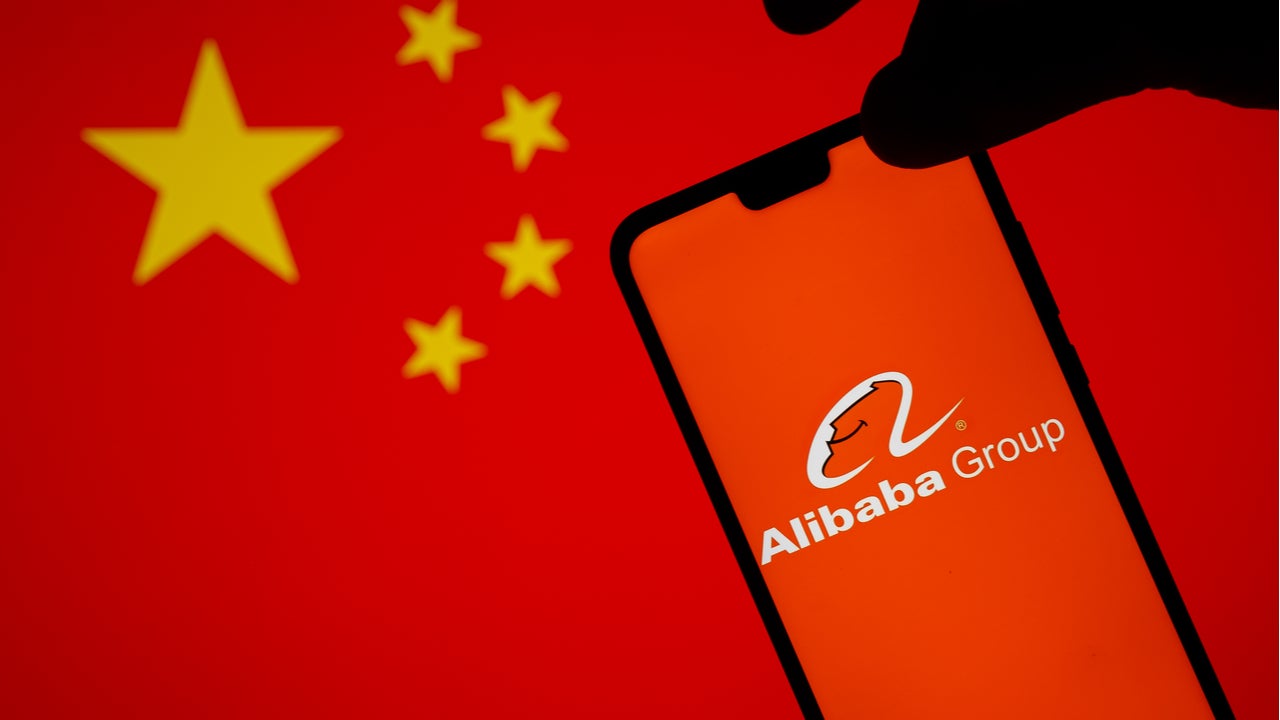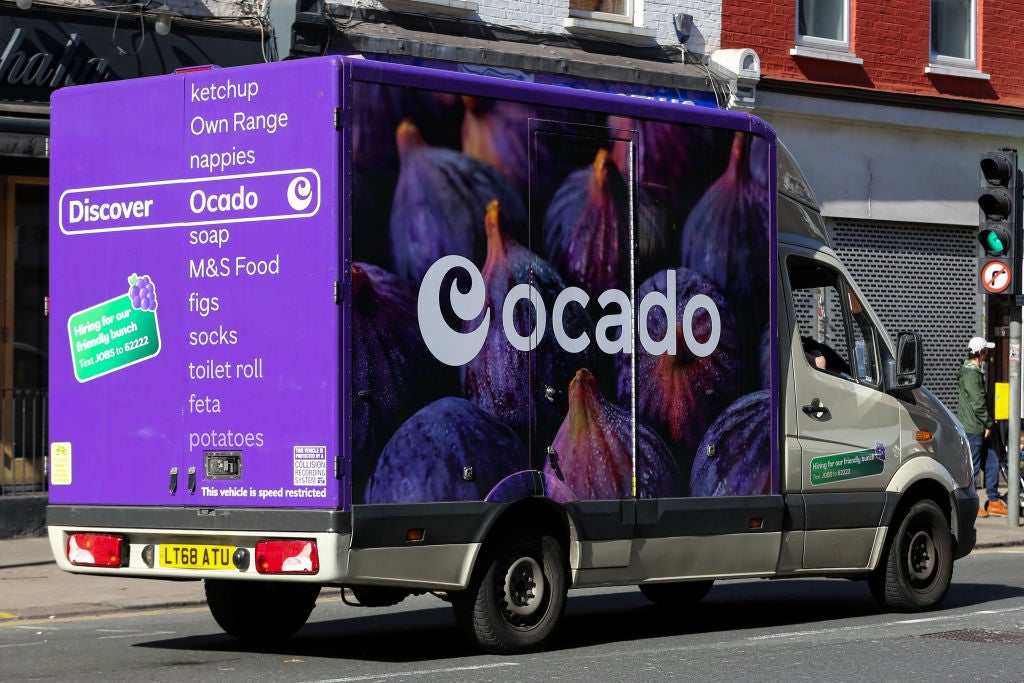There has been nothing arbitrary about the swift and brutal series of regulatory actions in China over the past 10 months, and it is now clear what the tech sector can expect in policy terms for the next five years.
If the Chinese authorities seemed to be running on Facebook’s ‘’move fast and break things’’ motto, it was because they were, and will.
Chinese premier Xi Jinping has stressed that the ‘’rule of law governance’’ will be the signature of his rule if his term is extended at next October’s 20th Chinese Community Party Congress.
A new social contract
Apart from solidifying Party control, China is developing a new social contract between the Party and the people. While the Chinese population is broadly supportive of Xi and the Communist Party, the generation born after 1990 sees an urgent need to rebalance society and the economy. It follows the inevitable fraying of the social fabric, and compounding corruption, inequalities and monopolistic abuses of the near 40 years of ‘growth at virtually whatever cost’ fired up by Deng Xiaoping in 1979.
The post-1990 generation is tending to be ‘anti-capitalist’, like many of its peers in the West, but still insists the Party works the economy for sustained growth and ample entrepreneurial opportunity. That is Chinese dialectics in operation. Arguably, China is the most entrepreneurially energetic society on earth: the West has nothing to compare with the Shenzhen phenomenon and Shenzhen is not about to lose its mojo.
The State Council-Party Central Committee Blueprint comments that the purpose of the new turbo-charge regulatory regime is ‘’to promote the building of a high standard market that is unified, open, fair and orderly’’ and to design and implement laws ‘’consistent with the new digital sectors: internet finance, AI, big data, cloud.’’
How well do you really know your competitors?
Access the most comprehensive Company Profiles on the market, powered by GlobalData. Save hours of research. Gain competitive edge.

Thank you!
Your download email will arrive shortly
Not ready to buy yet? Download a free sample
We are confident about the unique quality of our Company Profiles. However, we want you to make the most beneficial decision for your business, so we offer a free sample that you can download by submitting the below form
By GlobalDataEdtech crackdown highlights birth rate worries
The recent clampdown on China’s edtech companies has highlighted the complex of factors in play. Prominent edtech companies were deemed to be exploiting with questionable marketing and excessive prices the pressure on parents to get their children through key exams. Xi had stressed anyway back in March that the whole competitive cramming culture should be stamped on for the sake of the children’s quality of life and their parents’ budgets.
The paramount issue exercising Beijing policy makers is China’s catastrophically collapsing birth rate. Middle class urban couples are less and less inclined to marry or to have one, let alone two or three children, as is now sanctioned. The hassle and cost of bringing up children is simply too great. The tutoring was typically costing $600 a month for a couple bringing in $3,000—a good, but often already stressed household income.
Expect a raft of measures to boost the birth rate, not least by using regulations such as those used on the edtech sector to reduce pressures on household incomes: on food, drugs, even the cost of weddings.
Assessing the new China risk
Meanwhile, despite some appearances to the contrary, Xi is not reverting to Maoism in pursuit of ‘common prosperity’ but rather to the creation of a new Confucian imbued order of market Leninism. Consumers will be protected against unethical businesses and small businesses will be protected from monopolies trying to swallow them.
Tencent and Alibaba were founded in the late 1990s and were able to flourish in a ‘regulation lite’ environment, and without vast and tentacular monopolies to thwart them back in those days. What is needed now is a new order able to generate tomorrow’s Tencent and Alibaba while ensuring that those giants continue to play their full roles in helping drive national strategy.
So how do global companies now rate the new China risk? Despite the crackdowns, many of them simply can’t do without their prospective China revenues.









Related Company Profiles
Tencent Holdings Ltd